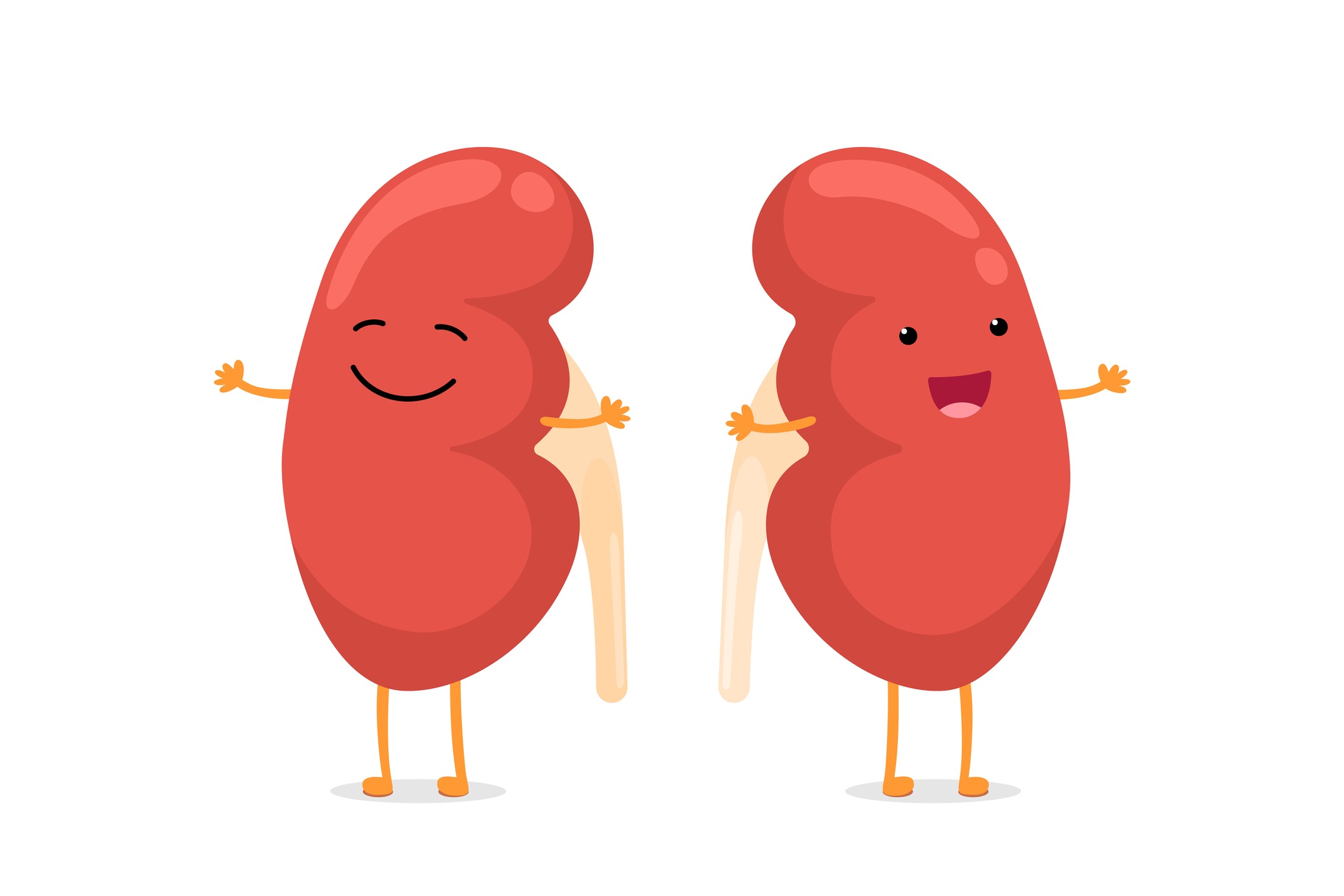
Proteinuria is known as independent risk factor for cardiovascular disease in kidney transplant recipients. However, previous studies have not considered the impact of changes in urine protein over time. Researchers of a study published in Progress in Transplantation sought to rectify this.
Researchers used time-dependent, multivariable Cox proportional hazards models in this observational cohort study to assess 144 major adverse cardiac events in 1,106 patients over 5,728.7 person-years. The investigators ultimately sought to discern whether proteinuria measured by dipstick on random spot urine samples starting from 1 month post-transplant was linked with the risk of major adverse cardiac events and graft loss.
According to the results, any level of proteinuria greater or equal to trace resulted in a two-fold increase in the risk of major adverse cardiac events (hazard ratio = 2.00; 95% confidence interval 1.41-2.84). The investigators noted that relationship was not found to be dose dependent. There was an increased risk of graft failure with greater urine protein concentration.
The researchers noted a major limitation to this study. The analysis relied on the urine dipstick test for urinary protein quantification, which is dependent on urine concentration and thus not ideal for quantifying urine protein. They addressed this limitation of dipstick testing by assessing proteinuria as a binary variable. However, as the investigators wrote, “the high sensitivity and low specificity of the dipstick test when a trace cutoff is selected for proteinuria means that our results likely underestimate the true effect of proteinuria on cardiovascular disease, total graft loss, graft failure, and death.”
Overall, the study found that urine protein is associated with major adverse cardiac events and graft loss in kidney transplant recipients. “The role of interventions to reduce proteinuria on decreasing the risk of adverse cardiovascular and graft outcomes in kidney transplant recipients requires further study,” the researchers concluded.







 © 2025 Mashup Media, LLC, a Formedics Property. All Rights Reserved.
© 2025 Mashup Media, LLC, a Formedics Property. All Rights Reserved.